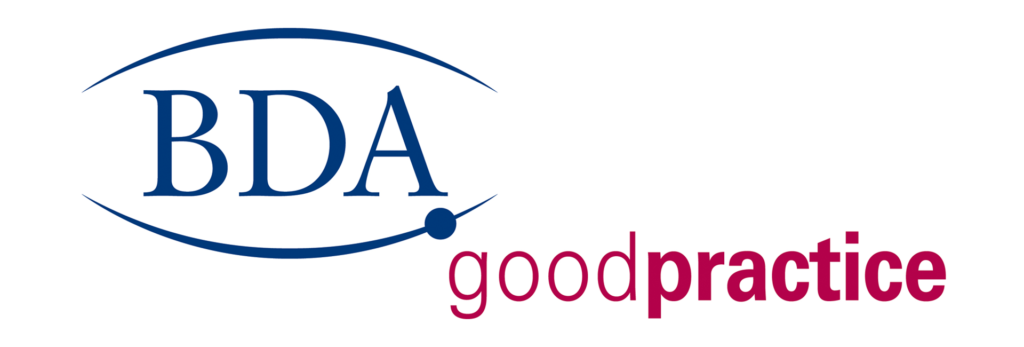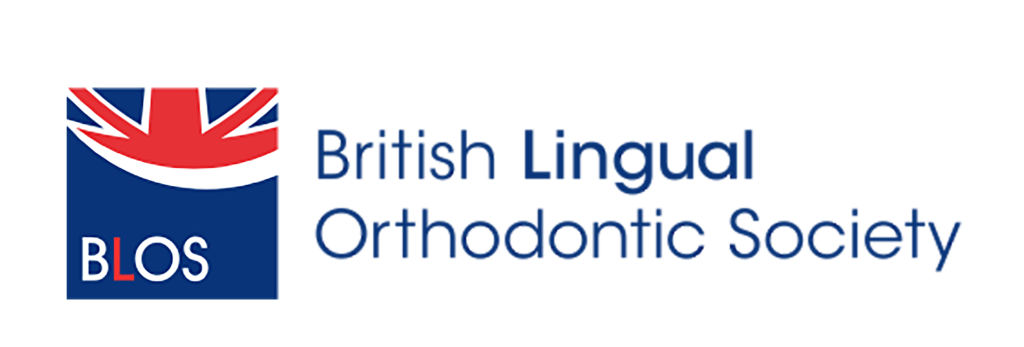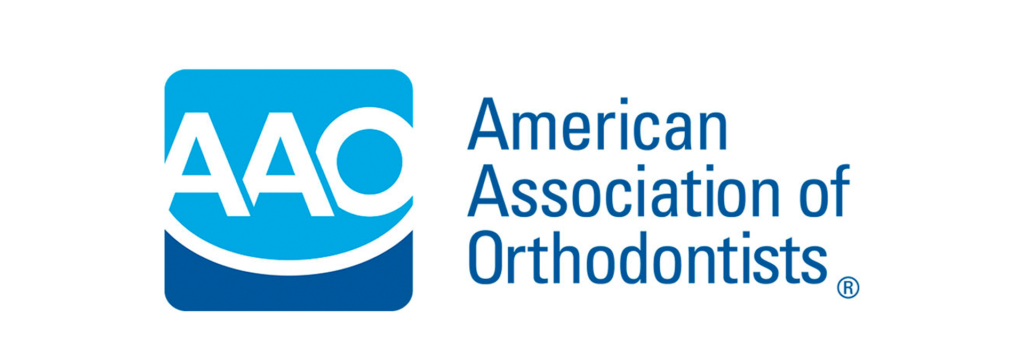Angle House Blog
The Science Behind Teeth Grinding and How to Stop It

The Causes of Teeth Grinding
Bruxism is a multifaceted condition influenced by various factors, including:
Stress and Anxiety:
One of the primary triggers of bruxism is psychological stress. When the body experiences heightened tension, it can manifest as jaw clenching and grinding.
Sleep Disorders:
Sleep bruxism is often linked to conditions like obstructive sleep apnea (OSA), snoring, and restless leg syndrome.
Abnormal Bite and Dental Issues:
Misalignment of the teeth (malocclusion) can contribute to grinding as the jaw attempts to find a comfortable position.
Neurological and Medications:
Some neurological conditions and medications, such as antidepressants, can increase the likelihood of bruxism.
Lifestyle Factors:
Excessive caffeine, alcohol consumption, smoking, and recreational drug use have been associated with an increased risk of grinding.
The Effects of Bruxism
Chronic teeth grinding can lead to several complications, including:
Tooth Damage:
Enamel erosion, fractures, and increased tooth sensitivity.
Jaw Pain and TMJ Disorders:
Overuse of the jaw muscles can lead to temporomandibular joint (TMJ) dysfunction and discomfort.
Headaches and Ear Pain:
Strain from grinding often results in frequent headaches and earaches.
Sleep Disruptions:
Those with sleep bruxism may experience poor sleep quality, leading to daytime fatigue.
How to Stop Teeth Grinding
Fortunately, there are several strategies to help reduce or eliminate bruxism:
1. Stress Management Techniques
Since stress is a major trigger, engaging in relaxation techniques such as yoga, meditation, and deep breathing can significantly help reduce bruxism.
2. Using a Mouth Guard
A custom-fitted mouth guard from a dentist can act as a barrier, protecting your teeth from the harmful effects of grinding while you sleep.
3. Improving Sleep Hygiene
Maintaining a consistent sleep schedule, avoiding caffeine and screen time before bed, and creating a relaxing nighttime routine can reduce sleep bruxism.
4. Dental Treatments
If misalignment or malocclusion is contributing to bruxism, orthodontic treatments such as braces or bite adjustments may help.
5. Medication and Therapy
In some cases, muscle relaxants or behavioral therapy may be recommended to manage severe bruxism.
6. Lifestyle Modifications
Reducing caffeine, alcohol, and tobacco consumption can lessen the intensity of teeth grinding.







